Here we are on the eve of Victoria Day.
For many people, over many years, the Victoria Day long weekend has unofficially kicked off the summer, the return of warm weather and longer days.
Of course, in terms of the calendar, the Monday before May 25 marks neither the Spring Equinox nor the Summer Solstice. It does, by tradition, mark the birthday of the sovereign.
Although at the present, it doesn’t really do that either.
Since 1845 in Canada, more or less, Canadians have marked May 24 as Victoria Day, and the May 24 long weekend was born. And Victoria Day as a holiday is a distinctly Canadian observance, 176 years old and still going.
So what is the story of Victoria Day?
Queen Victoria was crowned the Queen of England in 1837.
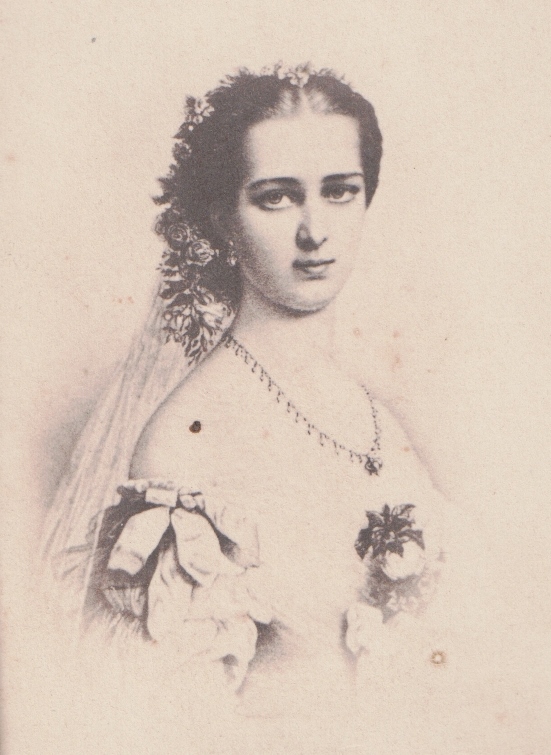
She was born on May 24, 1819.
The link to her birth date seems simple enough.
But long before Alexandrina Victoria became monarch on June 20, 1837, there was a long tradition of honouring the sovereign’s birthday.
King George III, who reigned between 1760 and 1820, was honoured throughout Britain and her possessions on his birthday – June 4.
Prior to the outbreak of the War of 1812, militia musters (and associated community gatherings, usually ending in social festivities) were linked to June 4 and the King’s birthday.
George III’s successors, George IV (1820-1830) and William IV (1830-1837), continued the tradition of June 4, even though the date did not mark their actual birthdays.
In 1837, after Victoria succeeded her uncle as monarch, there was a prevailing sense of turning the page and starting fresh.
The Regency Era gave way, quietly at first, to a new sense of optimism and exploration.
The Victorian Era was marked as a period of industrial, political, scientific, and military change within the United Kingdom, and the expansion of the British Empire.
Here in Canada, traditions revolving around honouring the reigning sovereign changed from June 4 to May 24 to align with Queen Victoria.
While there are references to May 24 being marked as early as 1843, it was in 1845 that May 24 was declared a holiday by the Legislature of the Province of Canada – that is, it was a Provincial holiday at first.
As such, it is Canada’s oldest statutory holiday. Sort of. We will get back to that.
Queen Victoria was Queen in 1867 during Canadian Confederation, and viewed by many as the Mother of Canada.
After Confederation, the Queen’s birthday was celebrated every year on May 24 unless that date was a Sunday, in which case a proclamation was issued providing for the celebration on May 25.
After the death of Queen Victoria in 1901, an Act was passed by the Parliament of Canada establishing the legal holiday called Victoria Day on May 24 of each year (or May 25 if the day fell on a Sunday) – that is, May 24 (the date, not the name) became a Federal holiday.
Queen Victoria’s son and successor, King Edward VII (his actual birthday was November 9), was also honoured on Victoria Day through proclamation.
In 1910 King George V ascended to the throne, and during his reign, from 1910 to 1935, his birthday was marked on his actual date of birth – June 3 – and not on Victoria Day. From 1936 to 1952, during the reign of King George VI, in Canada his birthday was marked on the first or second Monday of June.
Throughout these years, Canada continued to celebrate Victoria Day as a holiday, although it had largely ceased to be connected to the ruling monarch.
In 1952 an amendment to the Statutes of Canada established the celebration of Victoria Day on the Monday before May 25.
From 1953 to 1956, in Canada, Queen Elizabeth II’s birthday was celebrated on Victoria Day by special proclamation of the Governor General, with the Queen’s approval.
In 1957, Victoria Day was permanently fixed as the Queen’s birthday in Canada, despite the fact that her actual birthday is April 21. Confusing?
In our local histories, there are many references to Victoria Day celebrations. On May 24, 1854, the Stephens House (later known as The Globe Hotel) in Streetsville hosted a dance in honour of the Queen’s birthday.
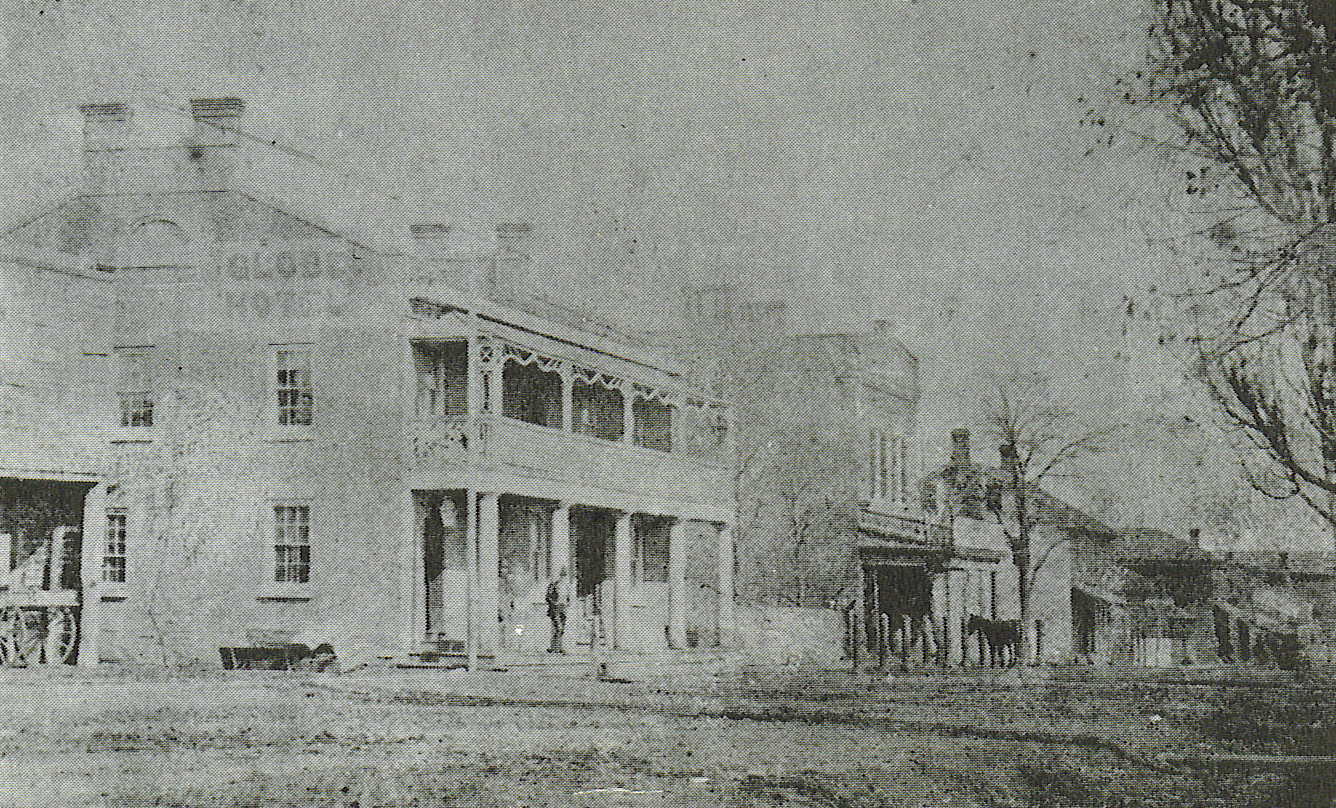
Also in 1854, The Globe newspaper recounted the Victoria Day festivities in nearby Toronto that included steamer excursions, pageants, parades on King Street, and a day of general merriment.
In 1889 we hear of festivities honouring the Queen at the Hotel Louise in Lorne Park, and fireworks are mentioned in 1898.
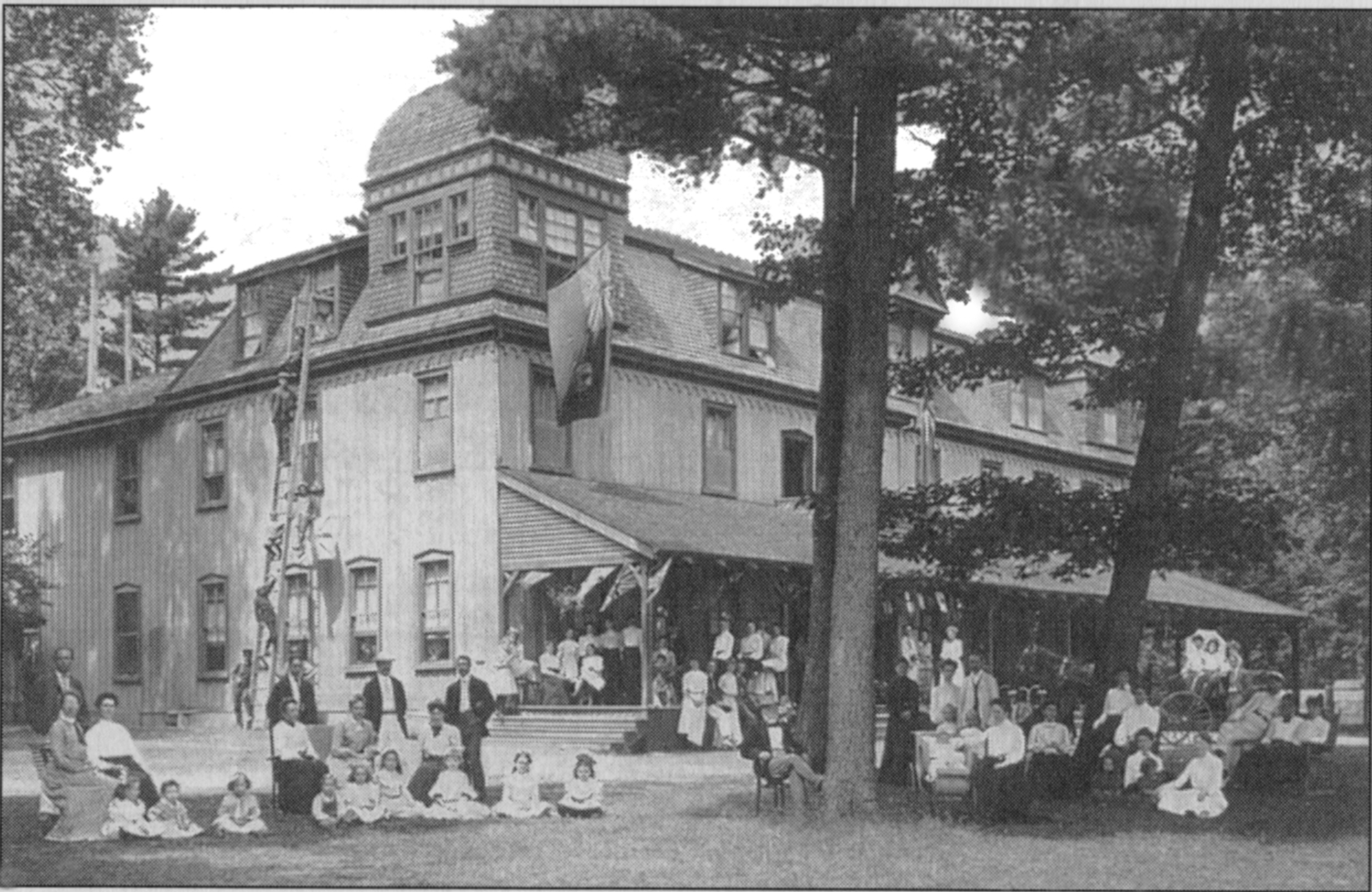
There is also reference to large gatherings at Eldorado Park in Brampton, for which residents from in and around historic Cooksville hopped aboard the radial railway at the Cooksville train station, dressed in their finery, for the trip to the fair ground.
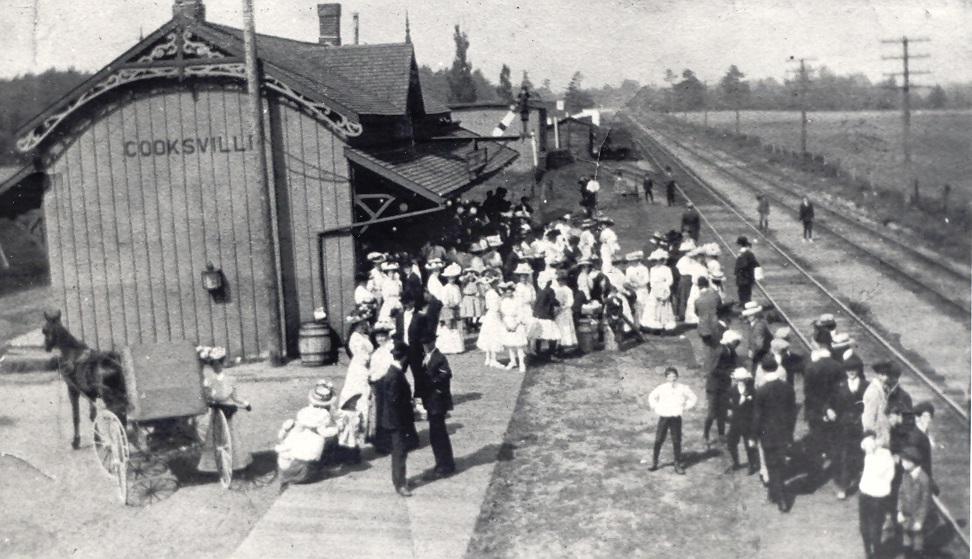
In 1919, we see pictures of the Luker family in Lorne Park decorating their home in honour of the late Queen on Victoria Day. Certainly, Victoria Day seemed to resonate with our early residents as a time of celebration.
Given these early local connections, it probably comes as no surprise that Lorne Park christened a new road in the community as Queen Victoria Avenue in 1913.
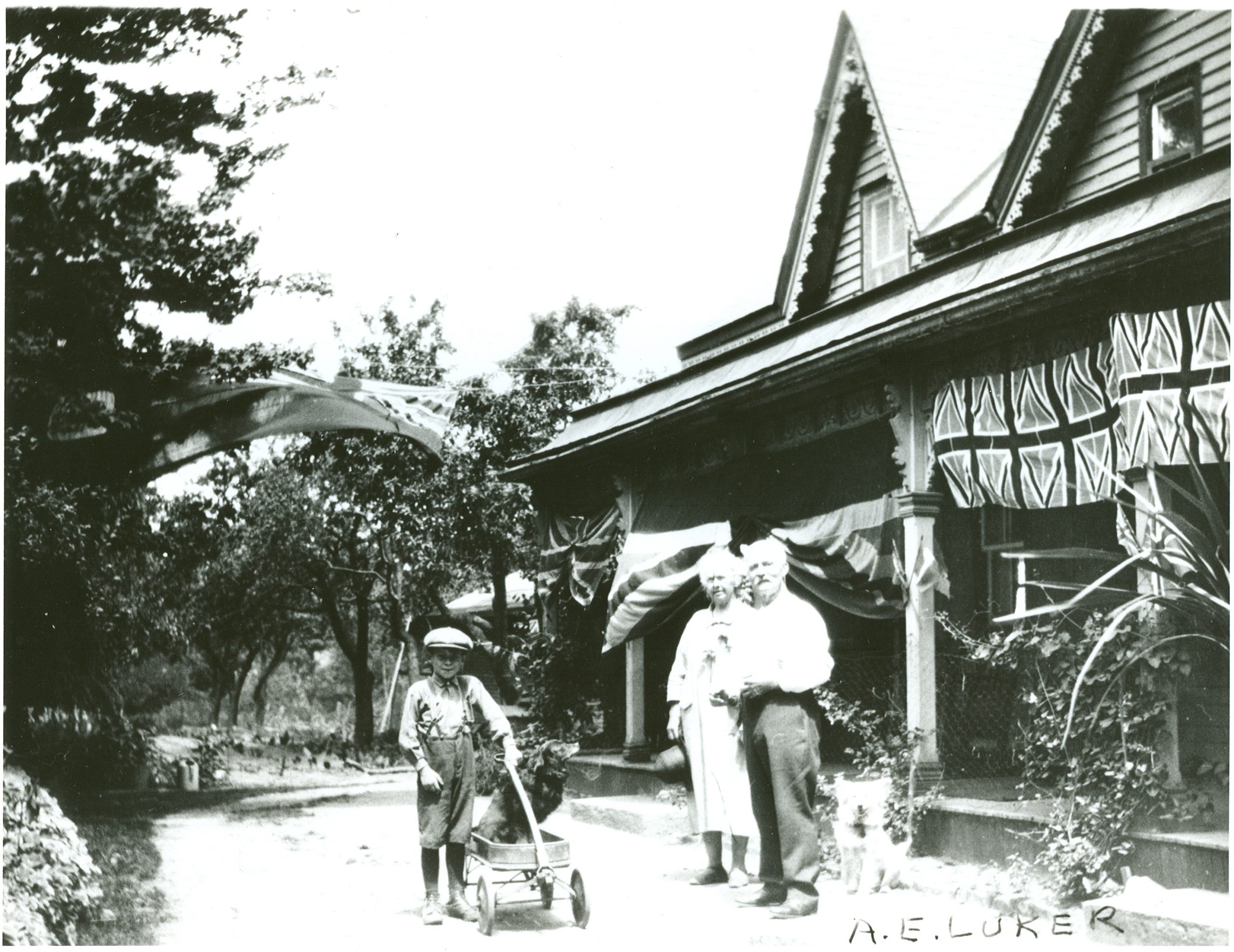
For some reason, perhaps entrenched because it was our “first” holiday, perhaps also because of the duration of Queen Victoria’s reign during the formative years of Canada, Victoria Day as a named holiday has continued. Suggestions on renaming the holiday (here in Ontario and elsewhere) have largely faded, as by-and-large most citizens no longer associate the holiday with Queen Victoria, the British Empire, or colonization.
It has, rather simply, become a long weekend and the unofficial kickoff of summer.
After all, there is no one alive today that lived under the reign of Queen Victoria. Victoria Day has become, over the generations, a holiday and social gathering first, and a celebration of the Crown and British imperialism a very distant second.
Most Canadians polled a few years ago by Maclean’s did not know who Victoria Day was named for, or why. Nor did they seem to care.
As Alan Parker wrote in Maclean’s in 2012: “Victoria Day truly is a unique, idiosyncratic Canadian tradition. It’s as much a part of the Canadian national fibre as Canada Day — and an older celebration.”
Cheers to the long weekend!
*You can also find this article in Modern Mississauga:



Comments are closed.